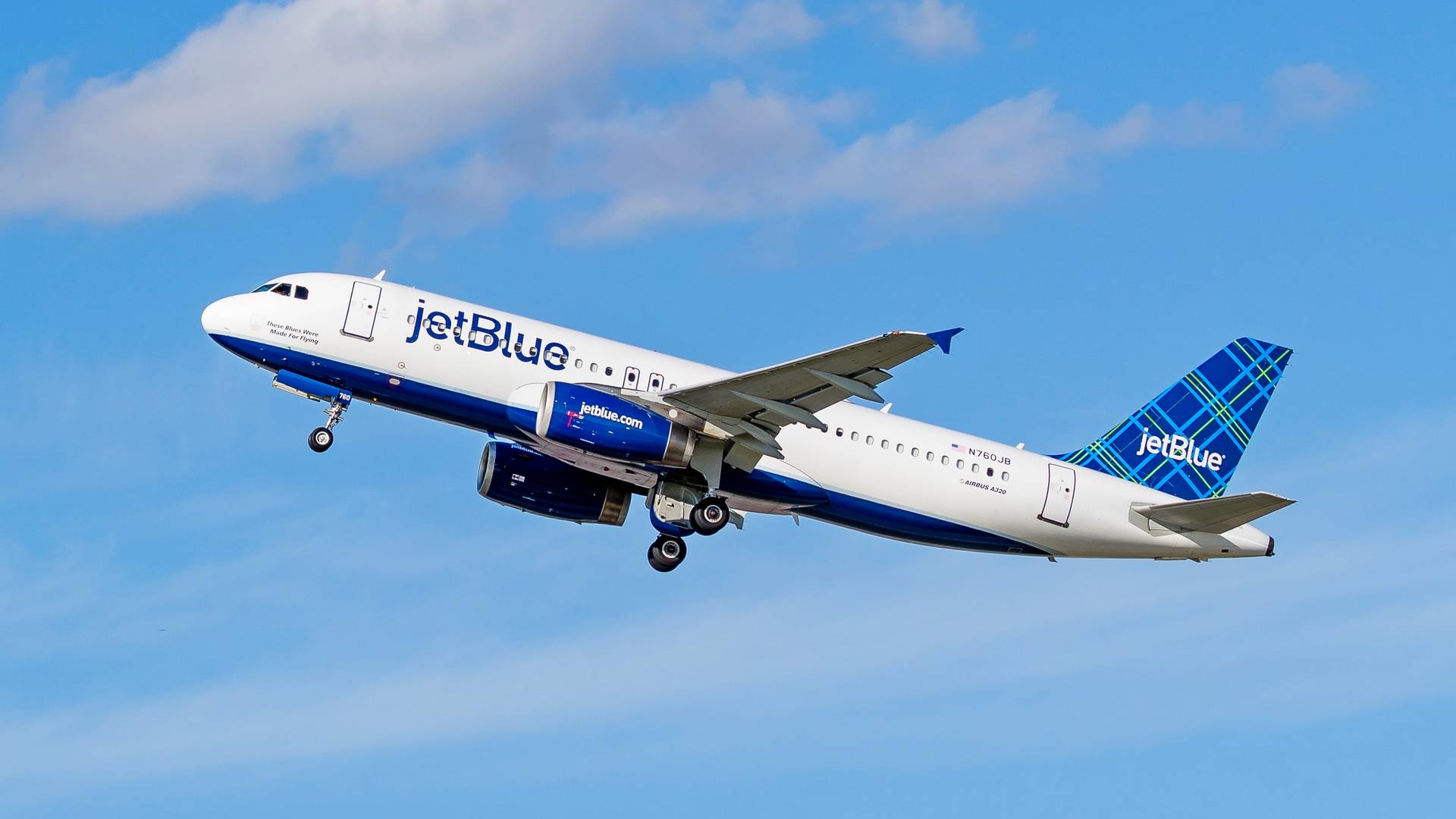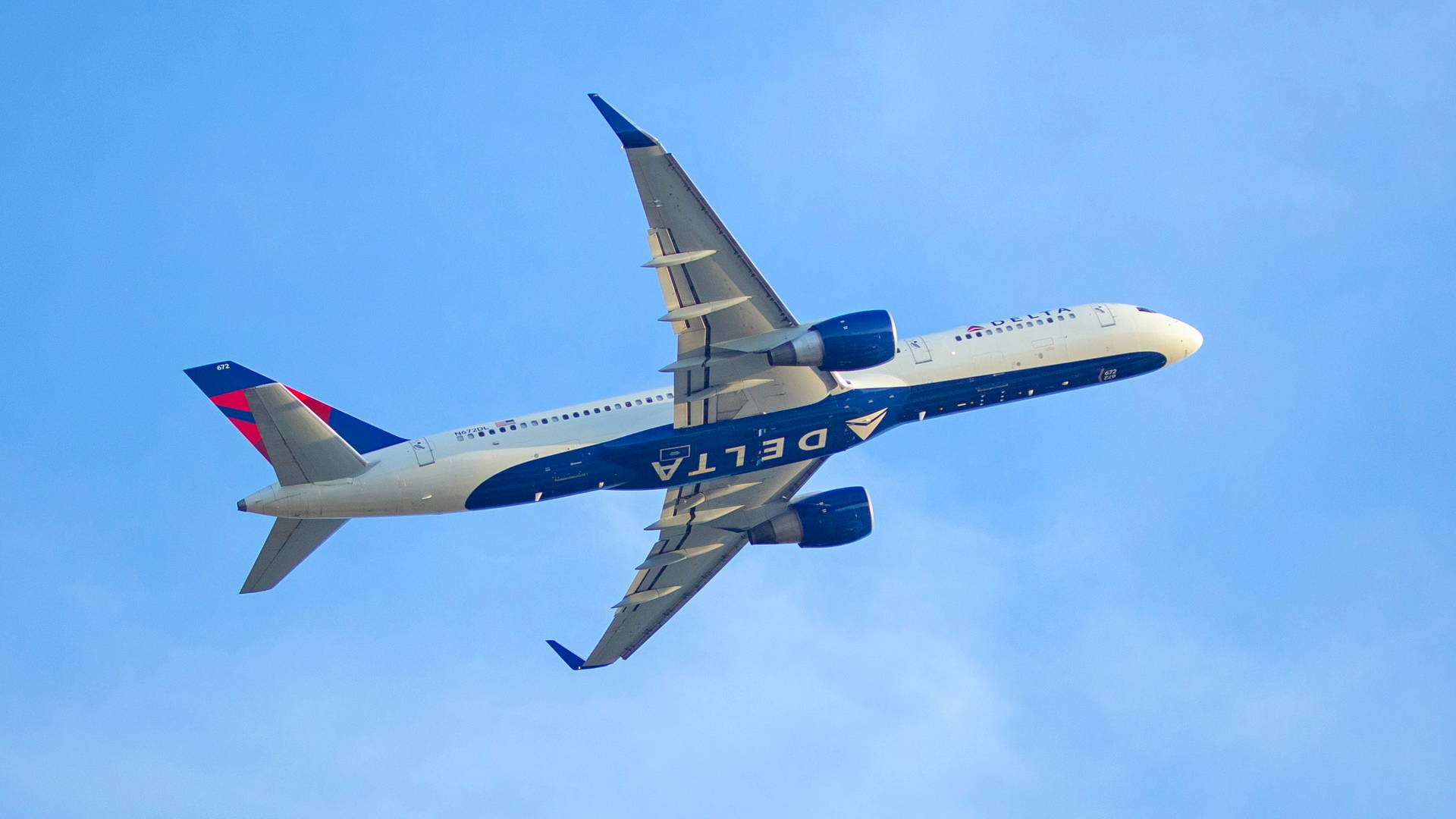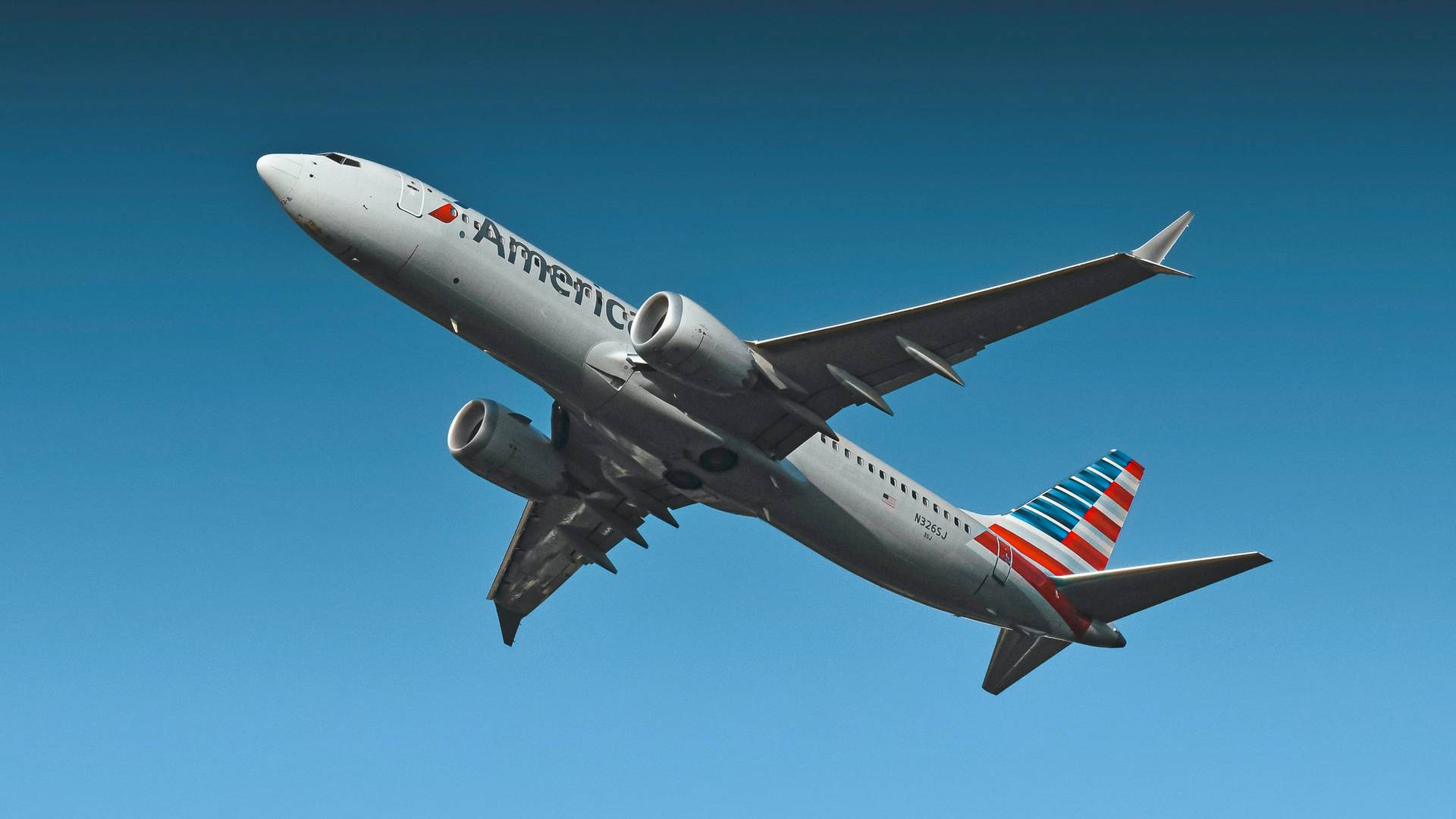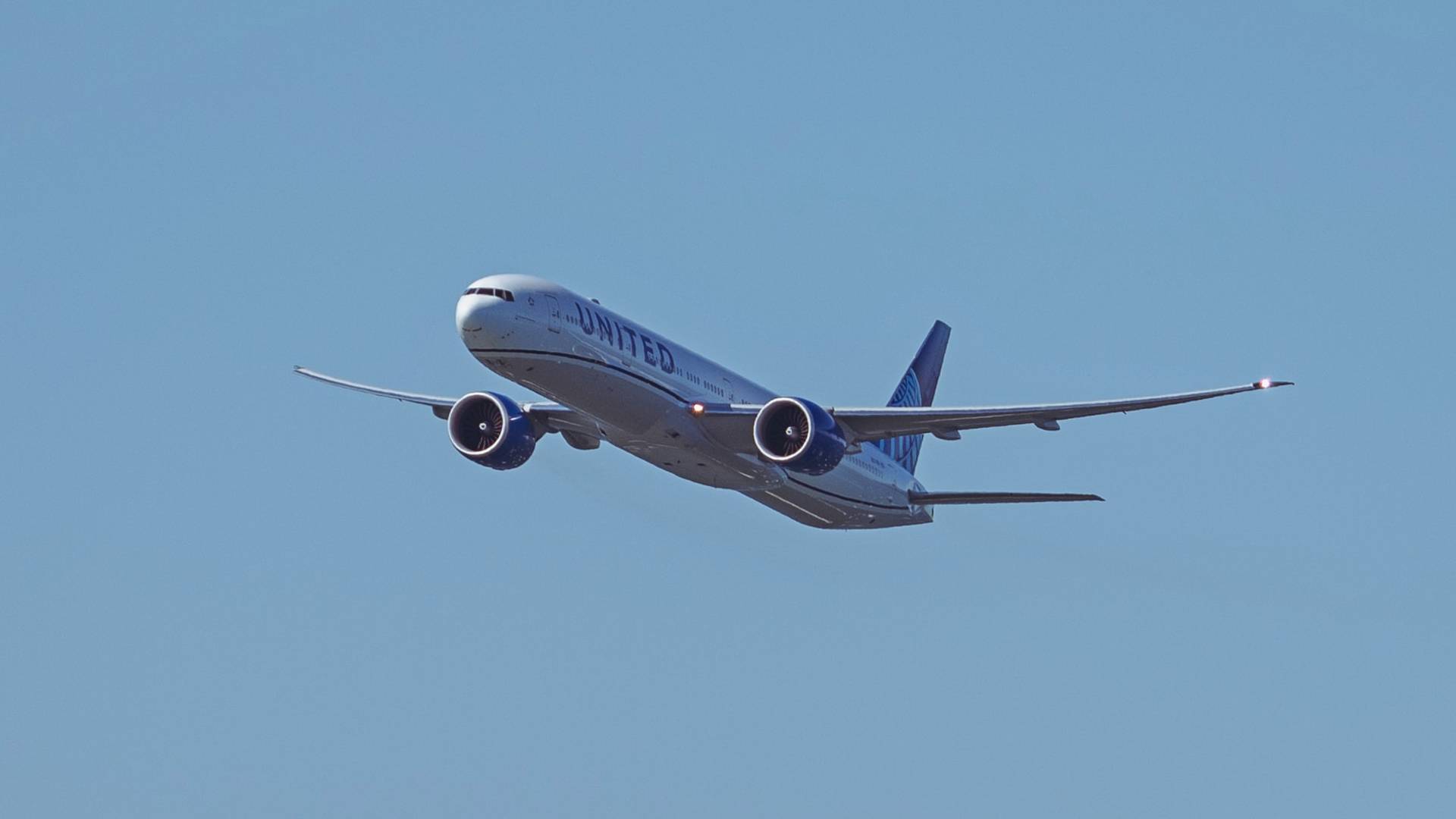A plan to allow airline pilots in the United States to retire at 67, from 65 today, was voted through the U.S. House of Representatives.
This news involves the new FAA reauthorization bill. Currently, the FAA’s authorization expires at the end of September. The bill was voted through the House of Representatives and has until September 30th to make it through the U.S. Senate. However, it could go through before the end of July.

Some stakeholders were disappointed because some ideas didn’t seem to make it to the bill. There is currently no provision for mandatory compensation of passengers for airline delays. A plan to mandate an increase in passenger seat pitch is also missing.
However, the bill includes provisions to allow airline pilots to retire at the age of 67. As we have seen, this is an idea that first emerged about a year ago. Initially, it didn’t have bipartisan support. But this changed earlier this year when the plan got the support of at least seven U.S. senators.

Allowing Pilots To Retire At 67: Why?
Some see the plan to allow pilots to retire at 67 as a way to alleviate the pilot shortage. But this could take away some of the bargaining power that pilots have been enjoying lately. Others point out that many airline pilots that currently retire at 65, move to other flying jobs, away from the airlines, flying aged 67 and beyond.

Regional carriers are in favor of this development. A lack of pilots has caused mainline carriers to “steal” more pilots away from the regionals. Keeping pilots around a bit longer should help address this issue – in theory.
But an overabundance of very senior airline pilots, that retire two years later at 67, isn’t necessarily going to alleviate these problems immediately. For one thing, pilot unions point out that these pilots may not be allowed to fly internationally, due to rules in other countries.

Because of this, it may be necessary for the airline to move them to a different aircraft type, for their final couple of years. This could create training bottlenecks and run into certain union contract limitations.
Besides allowing pilots to retire at 67, the new FAA Authorization bill retains the 1,500-hour rule, which isn’t surprising. The bill also re-authorizes the NTSB. For the full text (all 798 pages of it) go HERE.




2 comments
Brandi
I would really like a pilot’s perspective on this one. I personally feel this bill is short-sighted and problematic (in several ways), but I am not in this industry.
I would like to know what commercial pilots feel about raising the retirement age.
Peter James
Why only extend their retirement to 67? There is evidently a shortage of new recruits. Would the aviation industry even be considering self automation aircraft otherwise makes no sense.